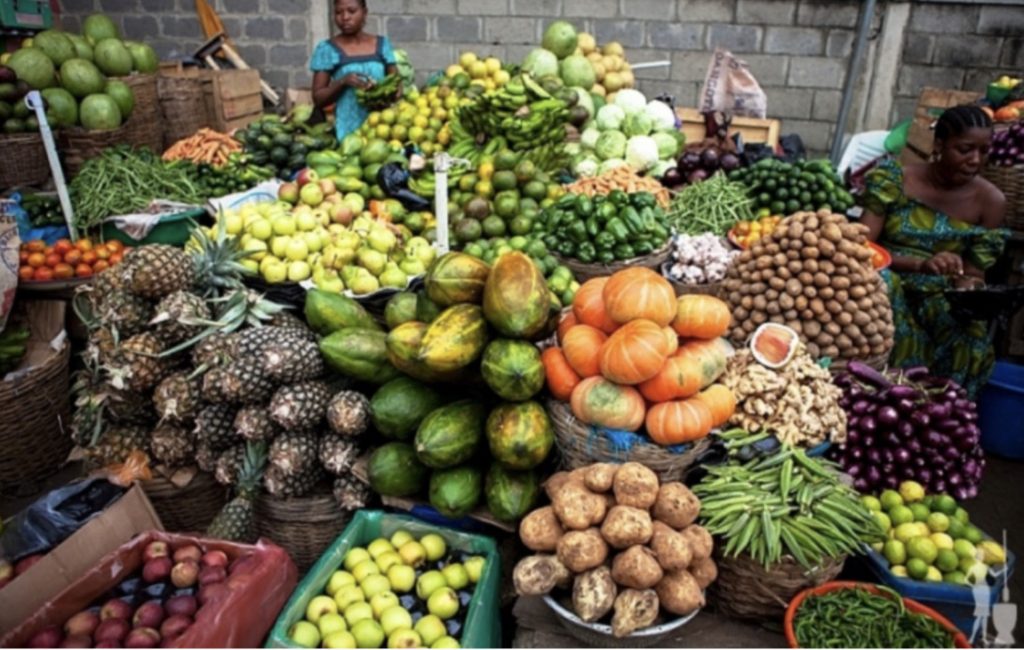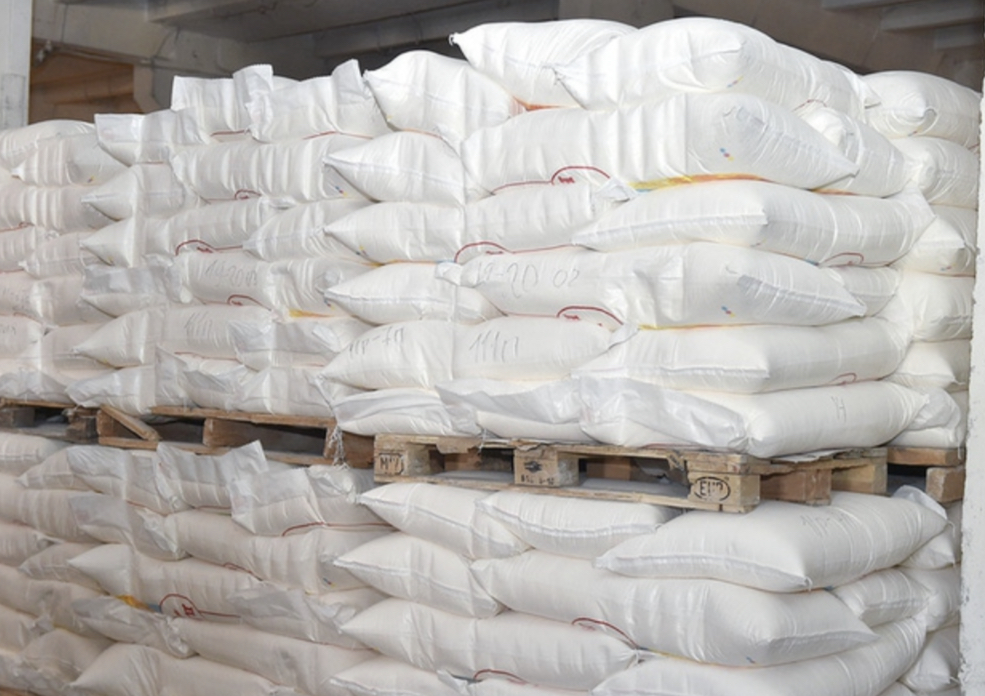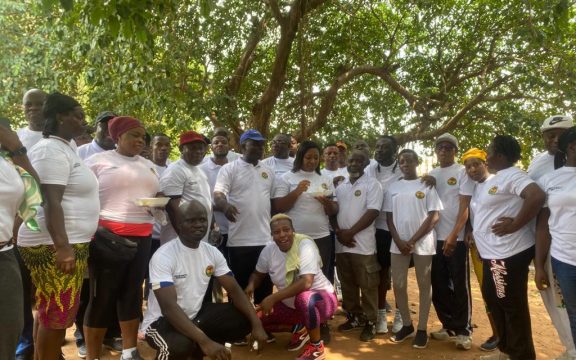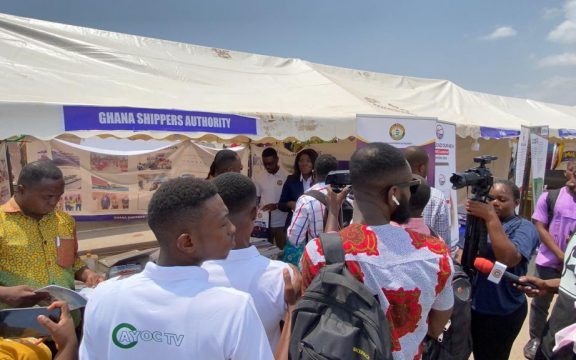Africa is a continent enriched with several natural resources and the second-largest continent in the world. It has minerals such as gold, diamond, bauxite, petroleum, and other commodities like cocoa, cashew, coffee tea and cola; yet, the continent continues to remain the least wealthy among the continents of the world. To put it in a sharper perspective, the continent accounts for only percent two (2%) of global trade despite all the resources it possesses.
Many factors account for Africa’s current predicament, including poor governance and corruption, mismanagement of natural resources, infrastructure, unemployment, and a high illiteracy rate. However, over-reliance on external or foreign expertise and the export of these natural resources in their unprocessed state have been a major factor in its poor economic growth.
Over Reliance on External or Foreign Expertise
Africa depends so much on foreign goods and services. As a result, it tends to import more from Europe, America, and most Asian countries. A taste for foreign goods has been developed in Africa contributing to high imports. Consequently, imports exceed exports, thereby leading to little or no profit as all the foreign exchange earnings are reinvested into importations. The rate of importations is very high because locally produced goods are mostly more expensive than the imported options, which discourages buyers from patronizing them.
 It is very unfortunate that Africa keeps importing these goods despite its ability to produce. Over 70% of goods used in Africa are imported, including goods that can be produced locally, like chicken, beef, flour and vegetables, just to mention but a few. A typical example is the more affordable local rice which is less patronized compared to imported perfumed rice.
It is very unfortunate that Africa keeps importing these goods despite its ability to produce. Over 70% of goods used in Africa are imported, including goods that can be produced locally, like chicken, beef, flour and vegetables, just to mention but a few. A typical example is the more affordable local rice which is less patronized compared to imported perfumed rice.
In 2018, Angola, South Africa, and Ghana were deemed the highest importers of chicken, accounting for up to 53% of total imports (IndexBox, 2020). The local industries mostly have no or little control of the prices due to the high cost of production, which eventually leads to the collapse of the industries. Measures should therefore be put in place to sustain local industries and enable them to thrive so as to promote socio-economic growth.
Raw Material Export
Most exported products from Africa are usually primary products with little to no value added, making them less competitive in the global market. Consequently, the prices of exported products such as cocoa and petroleum are determined by the buyers. Reports reveal that, in 2021, manufactured goods accounted for 68% of European Union (EU) exports to Africa whereas, primary goods such as food, drink, raw materials and energy accounted for 65% of African imports to the EU (Eurostat, 2022).
Gold in Tanzania and South Africa are exported in their raw states with no value added, likewise petroleum in Libya and Nigeria, which is processed and exported back to Africa at higher costs.
Over 70% of the world’s cocoa is produced by West Africa, Ghana, Cameroon, Cote d’Ivoire and Nigeria. However, about 75% of the cocoa produce is exported in their raw state, with the remaining 25% left in the region to be processed for domestic consumption, thus, allowing a bigger percentage of the raw cocoa beans to be processed outside the region and brought back to it in such forms as chocolate bars, cocoa drinks and beverages, cocoa powder, amongst others.
Recommendations
The introduction of tax incentives such as tax holidays including reduction of taxes for local industries will help to enhance the growth of these industries. For example, in Ghana, most industries enjoy about three (3) to five (5) years tax holidays. After the first five-years tax holiday period has been exhausted, businesses pay tax at a rate of one percent (1%). Agro-processing enterprises that primarily rely on locally produced agricultural raw materials continue to benefit from lower corporate tax rates based on where their manufacturing facilities are located. Also, Businesses that export non-traditional items such as horticultural products, processed and raw agricultural products cultivated in Ghana other than cocoa beans, timber products other than logs and lumber, handicrafts, and locally made goods benefit from an 8% tax rate reduction.
 Another important measure that should be put in place is infrastructural development. These include structures, roads, bridges, airports, airways, electricity supply, water, sewage systems and telecommunications networks. The growth of most industries stagnates when these facilities do not function properly. Sub-Saharan Africa records a vast number of badly maintained roads, with about 53% of them being unpaved (The African Development Bank, 2014). The construction and maintenance of transport facilities including roads and railways for easy transportation of raw materials especially from rural areas at lower costs can help revive these industries and hence improve upon the economic growth of the continent in the long run.
Another important measure that should be put in place is infrastructural development. These include structures, roads, bridges, airports, airways, electricity supply, water, sewage systems and telecommunications networks. The growth of most industries stagnates when these facilities do not function properly. Sub-Saharan Africa records a vast number of badly maintained roads, with about 53% of them being unpaved (The African Development Bank, 2014). The construction and maintenance of transport facilities including roads and railways for easy transportation of raw materials especially from rural areas at lower costs can help revive these industries and hence improve upon the economic growth of the continent in the long run.
Additionally, one other way to improve the growth of Small and Medium Enterprises (SMEs) in the Shipping and Logistics Industry is to encourage the patronage of locally made goods instead of imported options. Over the years, Africa has recorded the highest grade for low patronage of its locally made products, implying high import rates within the continent as goods and services are required on daily basis.
The Manufacturers Association of Nigeria (MAN) has published the 2019 half-year Executive Summary, revealing that the quantity of unsold goods has increased over the previous three years.
Unsold manufactured goods totalled N321.12 billion in 2017. This increased to N375.12 billion in 2018 by 17%. In 2019, it increased to N402.42 billion, an additional increase of 7%. The precept here is to reduce the importation of some of these consumer goods so as to boost local consumption.
Production
Lastly, value addition to the raw materials should be encouraged in order to make them more attractive and convenient, alongside increasing their values in the international or global market. Agricultural produce such as cashew, cola, cocoa, and maize can be processed into finished or semi-finished goods before being exported. Oil drilling countries such as Nigeria, Libya, Algeria, and Angola could invest in the processing of the crude oil into fuels like diesel, gasoline and lubricating oils.
Local content development should be the topmost priority of African countries.
Conclusion
International trade allows countries to expand and gain access to goods which they cannot produce. The participation of African countries in international trade could go a long way to reduce poverty and improve their economies. Unfortunately, due to their balance of trade data which records more imports than exports, they are left in a position where very little is accumulated from export earnings, thus affecting their economic growth.
African countries need to invest more in the growth of SMEs in the Shipping and Logistics industry in order to be able to produce more and distribute them effectively for domestic consumption and exports. Raw materials should also be processed into finished or semi-finished products to increase their export value.
By: Victoria Mensah, University of Ghana






